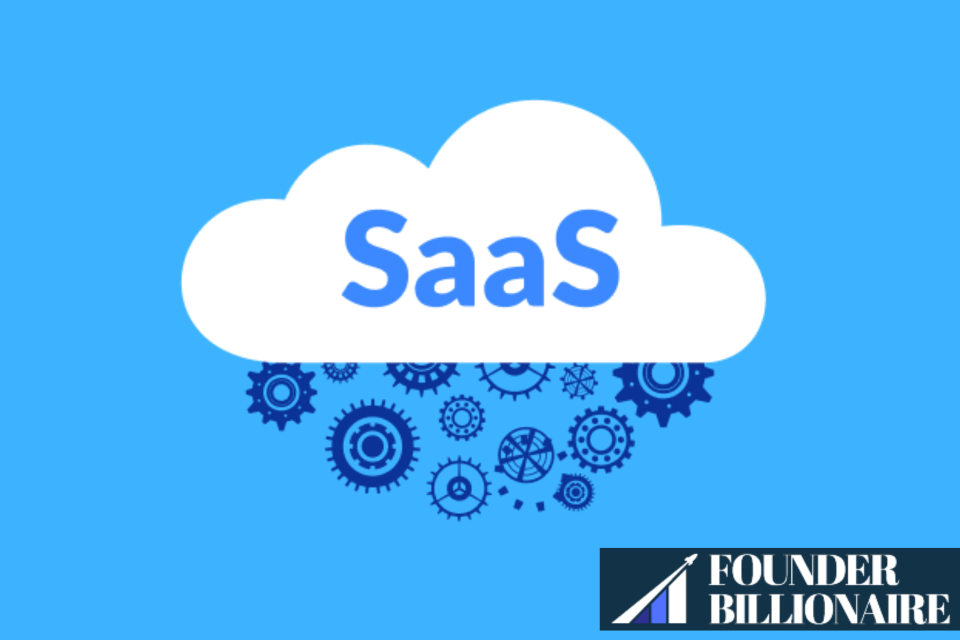The SaaS industry in 2025 is defined by rapid consolidation, AI-driven innovation, and emerging opportunities that are reshaping how businesses leverage software. As companies navigate a competitive landscape, three transformative forces are at play: strategic mergers, intelligent automation, and niche solutions tailored to evolving market needs.
Consolidation: The Rise of SaaS Superpowers
The SaaS market is experiencing unprecedented consolidation, with mergers and acquisitions (M&A) reaching record levels. Large players are acquiring niche tools to expand their ecosystems, while private equity firms drive “buy-and-build” strategies to aggregate complementary platforms. Major acquisitions in recent years have set a precedent for integrating communication tools into broader CRM ecosystems, a trend that continues to accelerate.
- Feature expansion: Companies acquire smaller firms to add capabilities without costly in-house development.
- Market saturation: With tens of thousands of SaaS providers competing globally, smaller players are merging for survival.
- Vertical integration: Platforms are consolidating marketing, sales, and service tools into unified suites.
Industry experts predict a significant increase in SaaS M&A activity compared to previous years, with valuations stabilizing near pre-pandemic levels. However, this consolidation risks stifling innovation if startups prioritize early exits over long-term product development.
AI Integration: From Feature to Foundation
AI is no longer an add-on—it’s the backbone of modern SaaS. By 2025, a majority of SaaS applications leverage AI for tasks ranging from predictive analytics to autonomous workflow management. Key advancements include:
Hyper-personalization:
Platforms use AI to tailor user experiences dynamically, analyzing behavior to suggest content or automate sales pipelines.
Agentic AI:
Autonomous systems handle tasks such as customer service and fraud detection, reducing human intervention in routine operations.
Predictive infrastructure:
AI optimizes resource allocation and scalability, helping businesses forecast demand and mitigate risks.
Despite these gains, challenges persist. Many companies still lack the clean, structured data required to fully harness AI’s potential, highlighting a critical gap between adoption and effectiveness.
Next Big Opportunities: Niche Markets and Sustainable Innovation
As consolidation and AI dominate, emerging opportunities lie in specialization and ethical practices:
1. Vertical SaaS
Industry-specific solutions are outpacing generic tools. For example, healthcare SaaS platforms now integrate compliant AI diagnostics, while construction software combines project management with real-time IoT data.
2. Micro-SaaS
Niche tools targeting specific workflows—such as AI-powered SEO optimizers—are thriving by solving precise pain points. These lightweight apps often integrate with larger platforms via APIs, avoiding direct competition with tech giants.
3. Sustainable SaaS
Providers are adopting eco-friendly practices, from carbon-neutral data centers to tools that track ESG metrics. Usage-based pricing models also align costs with environmental impact, appealing to enterprises prioritizing sustainability.
4. Edge Computing
Decentralized data processing reduces latency for real-time applications. SaaS platforms in logistics and manufacturing are leveraging edge tech to enhance IoT device performance.
Challenges Ahead
While the SaaS sector grows, companies must navigate:
- Data security: Many businesses struggle with fragmented data governance, increasing breach risks.
- Tool overload: The average company uses a large number of SaaS apps, complicating integration and oversight.
- Ethical AI: Biased algorithms and opaque decision-making threaten user trust, necessitating transparent AI frameworks.
The State of SaaS in 2025 is a tale of convergence and reinvention. Consolidation is creating tech titans with unparalleled reach, while AI transforms software from passive tools into active collaborators. Yet the most promising opportunities lie in specialization—solving narrow problems with precision—and sustainable practices that align profit with planetary health. For startups and enterprises alike, success will hinge on agility, data integrity, and a commitment to ethical innovation. As the industry evolves, those who balance scale with specificity will lead the next wave of digital transformation.


